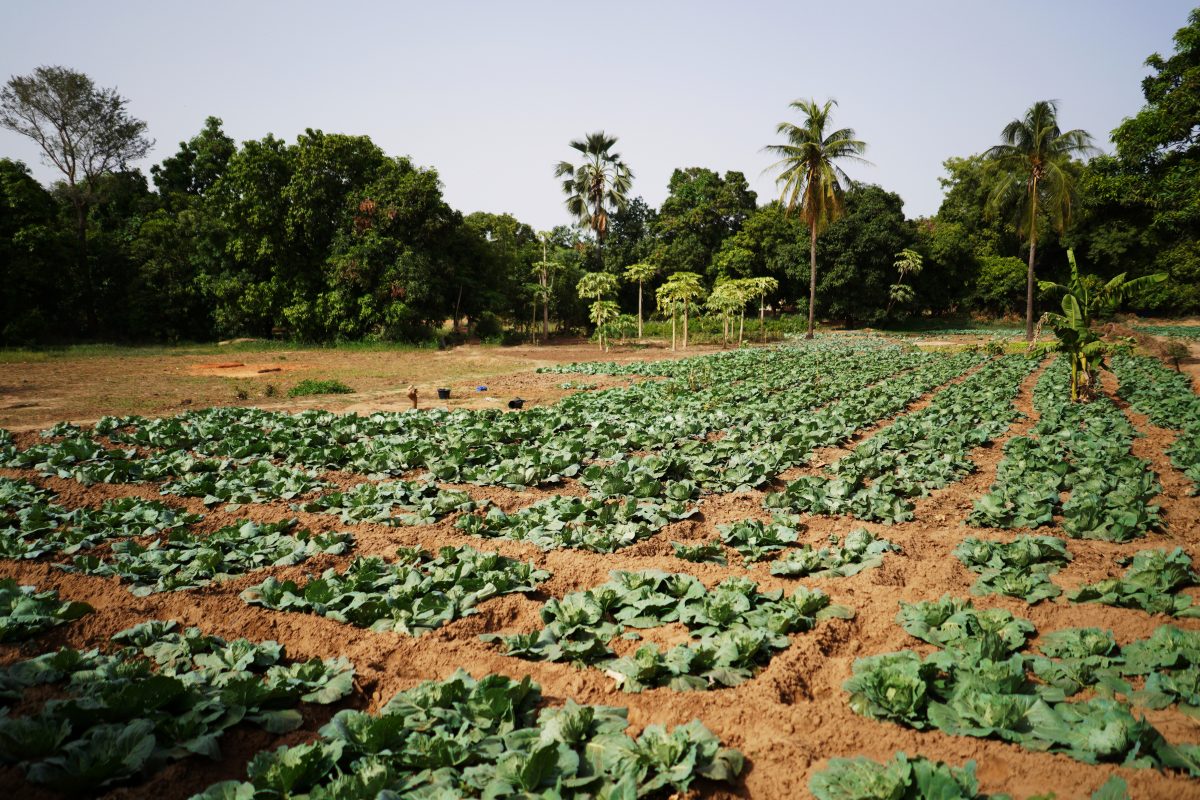
Support for the Restoration and Recovery of Degraded Agricultural and Pastoral Land to Combat Food Insecurity in Adjékoria Commune (Dakoro)
The EIP Dakoro branch is raising awareness of climate change adaptation measures through the restoration of degraded land to ensure sustainable resource management in the long term.


Overview of the project
This project consists of supporting the restoration and reclamation of 10,000 hectares of degraded land in order to improve water management, increase the productivity of cultivated land and pastures, and ensure sustainable management at the environmental, social, and economic level. The project is the result of communities’ concerns facing severe degradation of the commune’s agricultural land, which is already poor and under constant land pressure. Over the past decade, the notable degradation and impoverishment of these lands is due to anthropic actions and the adverse effects of climate change.
In order to guarantee long-term food security and to address rural households’ and communities’ vulnerability to ecological, economic and climatic factors, the beneficiaries have requested the support of the NGO EIP Dakoro branch.
Contribute to improving populations' living conditions by promoting measures to adapt to climate change through the restoration and recovery of degraded land.
Ongoing research
Expected results:
10,000 hectares of degraded land restored
Expected results:
Increased agricultural and pastoral production
organisation

Founded in 1967 by Jacques Mühlethaler and based in Geneva, the Association mondiale pour l’École instrument de paix / World Association of School as an Instrument for Peace (EIP) is an international non-governmental organisation, national branches in over 40 countries, aiming to develop human rights and peace education. EIP has consultative status with ECOSOC, UNESCO, ILO, the Council of Europe, the African Commission on Human and Peoples’ Rights and the Organisation internationale de la francophonie (International Organisation of the Francophonie).
Its climate-related missions support the resilience of communities to climate change through the restoration and recovery of degraded agricultural and pastoral lands.


